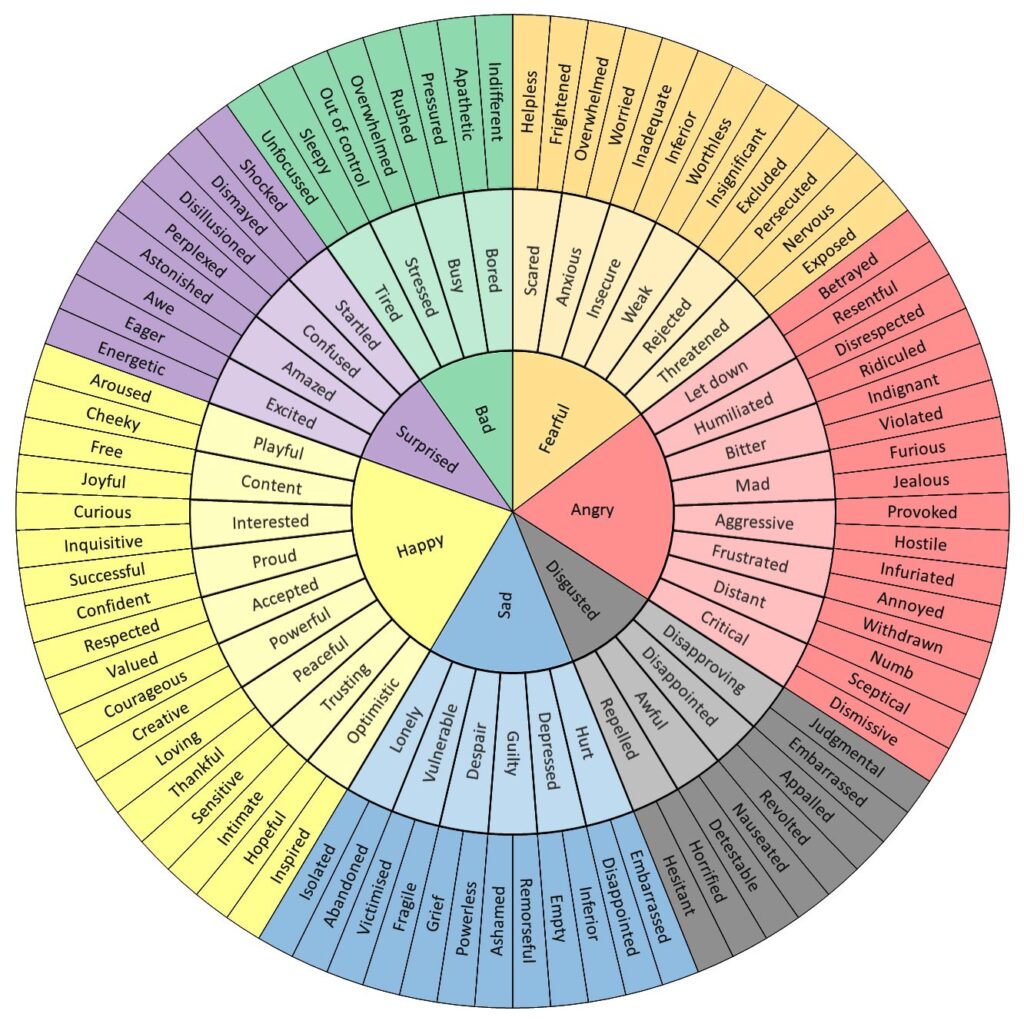Concept Hut
Welcome life adventurer to my humble hut of concepts. On the journey of life, the paths can be difficult to travel. In this hut there are a variety of concepts that are intended to help folks such as yourself both survive and thrive. I call it the ConceptHut. Please stay awhile, look around, and hopefully enjoy yourself.
The name ConceptHut is to conjure up the visual of a hut that is filled with a set of collections of concepts and resources to understand them. The main theme of most of the concepts I care deeply for are about life well. There is philosophy, psychology, science, and resources to help people understand and live life well. If I can share nothing else to you it is about communication and happiness. I want to share an optimistic but realistic view of life and help you reach a paradise of life that is realistic. This song called Pure Imagination from Willy Wonka movie is somewhat aligned with the feeling I’d like to communicate to you and have you have while exploring the ideas here. I want your imagination of your needs and wants being fulfilled to be realized.
Concept Definition Clarity
Additionally, I very much find that understanding clearly what various words, terms, or concepts mean is incredibly valuable. Due to that, I have created my own dictionary that is intended to refine certain terms that people will often need in life to evaluate and think through things. You will find clear definitions to such things as good, bad, value, and even game. These terms have for a very long time been very fuzzy in their definitions and my aim is to help improve clarity of understanding on those terms.
Communication
Communication is like food and water but for social interactions that allow you to foster, nurture, and most importantly, maintain a relationship.
Happiness Study Shows Crucial Factors
One of the longest and most significant studies on happiness, the Harvard Study of Adult Development, initiated in 1938 by Harvard University, reveals that the key to a happy life lies in maintaining healthy, quality relationships and good health.
This extensive research, tracking 724 men over decades, underscores the profound impact of strong social bonds and physical well-being on overall happiness and longevity. The study’s groundbreaking findings emphasize that nurturing supportive relationships is more crucial for a fulfilling life than wealth or career achievements, offering invaluable insights into the enduring influence of emotional and physical health on life satisfaction.
Links:
- The Harvard Gazette – Good Genes are Nice, but Joy is Better
- Wikipedia – Grant Study
- YouTube – TED : Robert Waldinger: What makes a good life? Lessons from the longest study on happiness
- YouTube – Veritasium: What The Longest-Running Study on Happiness Reveals
- Amazon – Book: The Good Life: Lessons from the World’s Longest Scientific Study of Happiness
Philosophy
It’s also important to consider philosophy as it is going to help you think about and explore aspects of life that people talk about often. You probably have done some low grade philosophy without knowing it. You can get started with some wonderful resources through the following link.
Reality Orientation Questions
To understand your life, it’s important to ask yourself specific questions and get some specific answers. That is where ‘Reality Orientation Questions’ can help you. ‘Reality Orientation Questions’ are a specific use of a particular set of questions used to find answers to what elements make up a situation. Those situation-defining questions are; who, what, why, where, when, and how. These elements are called 5Ws or the ‘Elements of Circumstance’.
- Who am I?
- What have I done?
- Where am I going?
- When should I do that?
- Why should I do that?
- How should I go about this?
Maslow’s Hierarchy of Needs
Maslow’s Hierarchy of Needs can be quite helpful in identifying some of your needs and what order of priority to consider them. There is a definition of need and want that I have that also may help you in thinking about the hierarchy of needs with more clarity.
- Need – required for existence of something
- Said another way: if not done, subtract value
- Want – adds value to an existence of something
- Said another way: if done, add value
- Value – ability to impart effect
To get more understanding of these definitions, please reference the ConceptHut dictionary.
There are three main themes in Maslow’s Hierarchy of Needs model: Basic Needs, Psychological Needs, and Self-fulfillment.
The ‘Basic Needs’ are physiological needs and safety needs.
- Level 1: Physiological Needs — things like having food, shelter, water, warmth, and rest.
- Level 2: Safety Needs — things like having personal, emotional, and financial security; also, things like health and well-being.
The ‘Psychological Needs’ are belongingness and esteem needs.
- Level 3: Belongingness and Love Needs — things like intimate relationships and friends.
- Level 4: Esteem Needs — things like prestige and feeling of accomplishment.
‘Self-fulfillment’ is the last category of this hierarchy and is about self-actualization.
- Level 5: Self-Actualization — that is about achieving one’s full potential and includes creative activities.
Abraham Maslow later added another level to the ‘Self-fulfillment’ category. This bonus level is:
- Level 6: Transcendence — that is about going beyond the self—things like philanthropy and altruistic endeavors.
Emotions
Additional to needs, it’s important to have understand of emotions so that you can understand your own. If you cannot understand your emotions well, then it will be very difficult to find the problems hiding in your mind that are causing you to behave in ways you do not understand. A helpful place to start is to look at an emotion wheel. There are a variety of them.
- Wikipedia – List of emotions
- Wikipedia – Plutchik’s wheel of emotions (prevailing)
- Paul Ekman – Universal Emotions (famous emotion psychologist)
- Geoffry Roberts Advanced Emotion Wheel (shown below)
Mindfulness
Connected to needs and emotions is the practice of mindfulness. This can help you be more aware of your needs and emotions.
Mindfulness is a mental practice that involves maintaining a moment-by-moment awareness of our thoughts, feelings, bodily sensations, and surrounding environment with an attitude of openness and non-judgment. Rooted in Buddhist meditation, it has been popularized in the West through various psychological therapies and wellness programs. Mindfulness encourages individuals to observe their thoughts and feelings without attaching or reacting to them, fostering a state of calm and clarity. This practice is often used as a tool to reduce stress, improve emotional regulation, enhance concentration, and promote a greater sense of well-being. By focusing on the present moment and accepting it without judgment, mindfulness helps individuals break free from negative thought patterns, leading to improved mental health and an enhanced quality of life.
Helpful books:
- Calming the Emotional Storm: Using Dialectical Behavior Therapy Skills to Manage Your Emotions and Balance Your Life
- Stop Overreacting: Effective Strategies for Calming Your Emotions
- Rewire Your Anxious Brain: How to Use the Neuroscience of Fear to End Anxiety, Panic, and Worry
- The Optimistic Child: A Proven Program to Safeguard Children Against Depression and Build Lifelong Resilience
Optimism
One of the most important things that will enable you to live an effective and happy life is optimism. A great book about this that I am aware of is one I listed in the mindfulness section but I’ll relist it now again.
- The Optimistic Child: A Proven Program to Safeguard Children Against Depression and Build Lifelong Resilience
Mindsets
There are a variety of other mindsets in addition to optimism that can be had. It’s incredibly beneficial to know what mindsets you have and how those can affect your life. Some of those other mindsets include growth vs fixed, cooperate vs defect game theory, etc.
Art
There are so many types of mediums of art and genres of art to behold. You can go your entire life and have no idea that such beauty exists. Let’s reduce that lack of beauty in your life. Go on an exploration to see just a fraction of what’s out there.
If you would like to know more about the ConceptHut YouTube channel, you can watch the following introduction video.
[arve url=”https://youtu.be/-cxDKKxpUn8″ title=”ConceptHut Channel Trailer” /]
Things to add:
- Brain Chemicals – Neurotransmitters such as vasopressin, oxytocin, dopamine, serotonin, endorphin.
- Logical Fallacies – A logical fallacy is a flaw in reasoning or a mistaken belief based on unsound argument. It’s an error in reasoning that renders an argument invalid or less effective. Logical fallacies often emerge from poor reasoning or manipulating logic to deceive or mislead. There are many types of logical fallacies, such as “ad hominem” (attacking the person rather than the argument), “straw man” (misrepresenting someone’s argument to make it easier to attack), and “appeal to authority” (using the opinion of an authority figure or institution of authority in place of an actual argument).
- Cognitive Biases – A cognitive bias is a systematic pattern of deviation from norm or rationality in judgment, whereby inferences about other people and situations may be drawn in an illogical fashion. Cognitive biases are mental shortcuts that our brains use to process information and make decisions quickly. These biases are often influenced by our experiences, emotions, and social factors, and can lead to perceptual distortion, inaccurate judgment, illogical interpretation, or what is broadly called irrationality. Examples of cognitive biases include “confirmation bias” (the tendency to search for, interpret, favor, and recall information in a way that confirms one’s preexisting beliefs), and “availability heuristic” (overestimating the importance of information that is available to us).
- Mindsets:
- Work to live vs Live to work
- Growth vs Learning
- Game Theory and your strategies of interactions with others: https://youtu.be/mScpHTIi-kM

